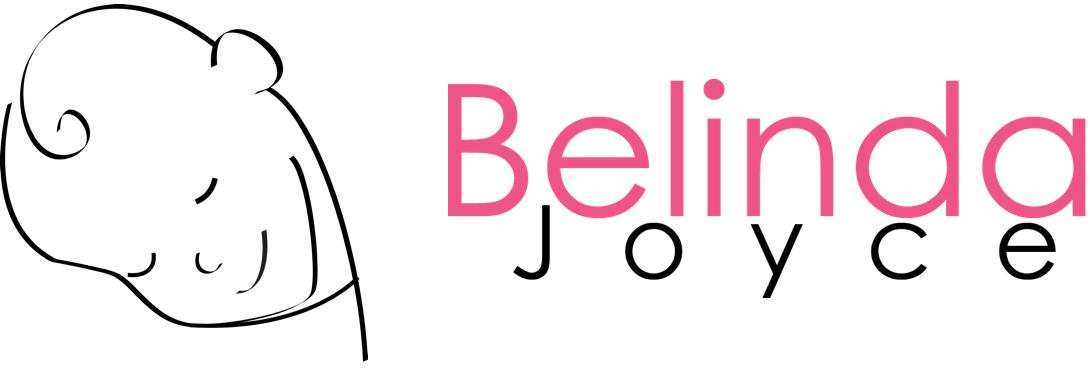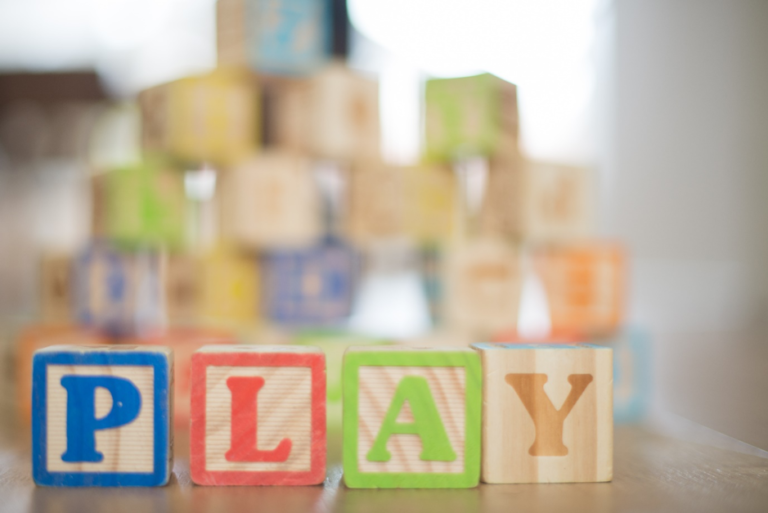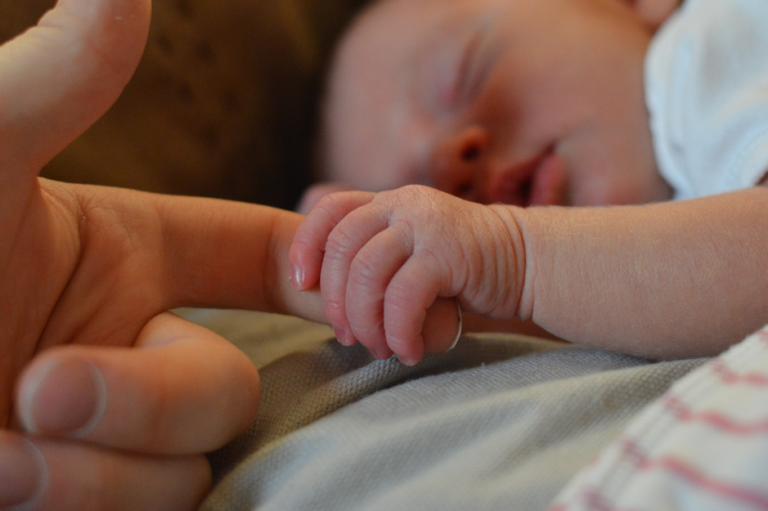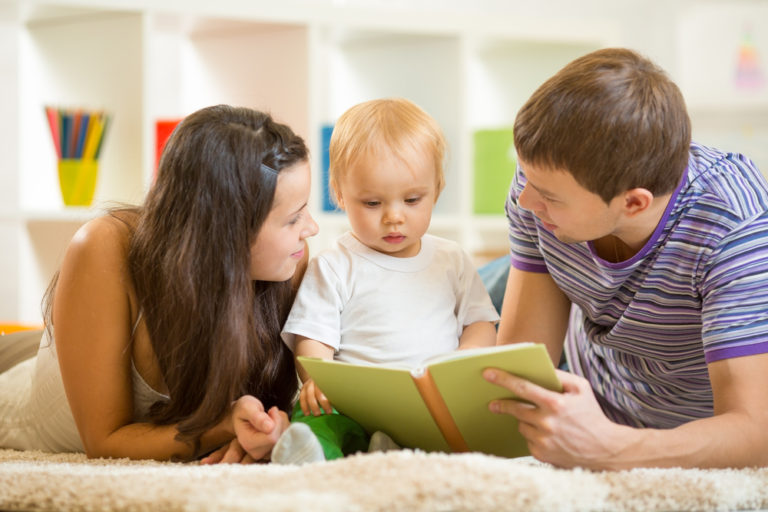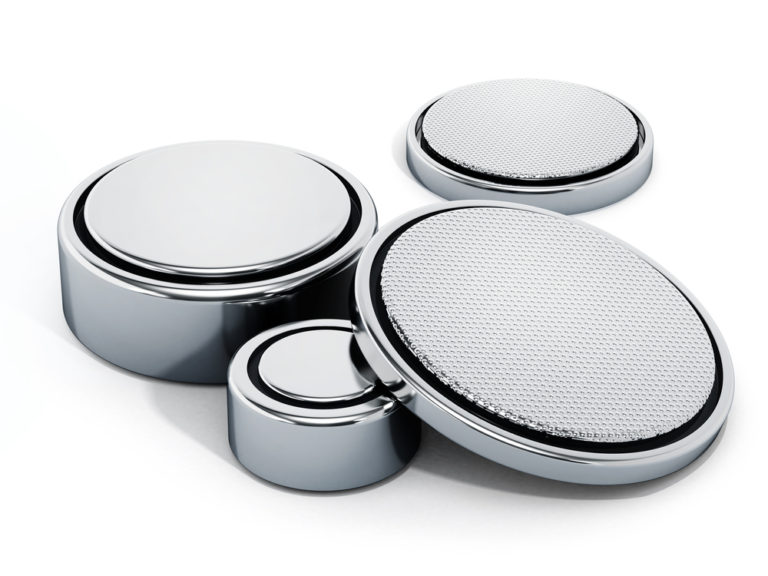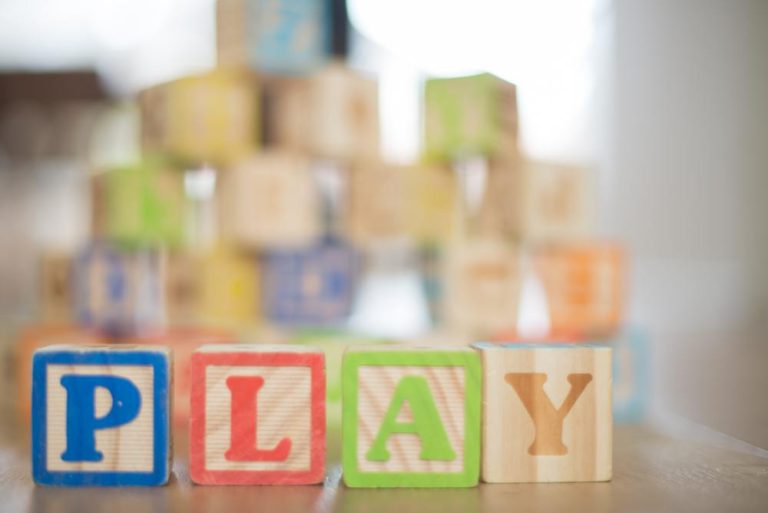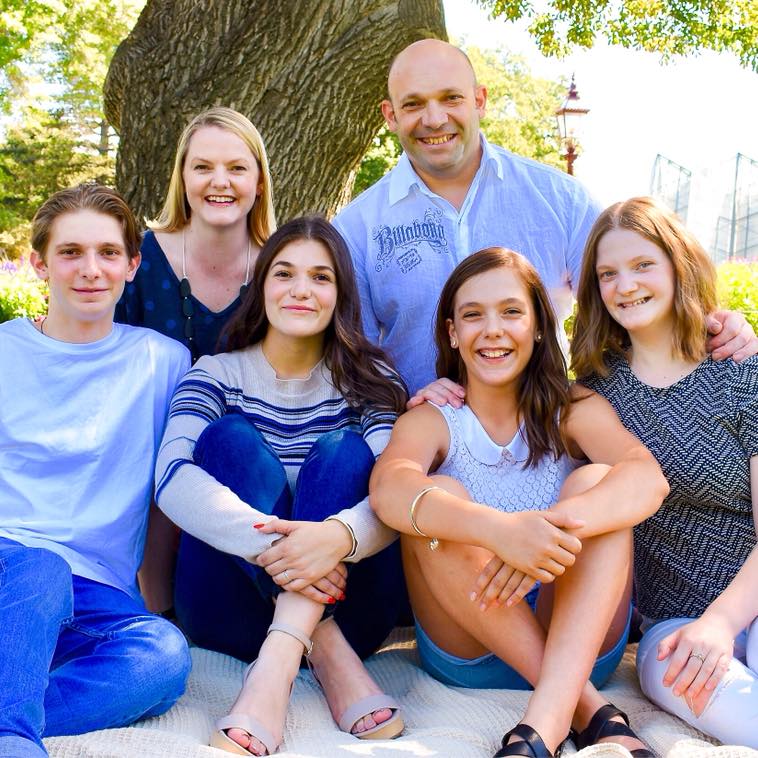Should I take my baby to the doctor?
When your baby gets sick it is often difficult to answer the question “should I take my baby to the doctor?”
Firstly, if you as the parent feel your baby needs to be seen by a doctor, that is reason enough to take them. You are your baby’s expert, you know them better than anyone and if you are concerned about their health or wellbeing, go ahead and organise an appointment or if serious go directly to the hospital emergency department.
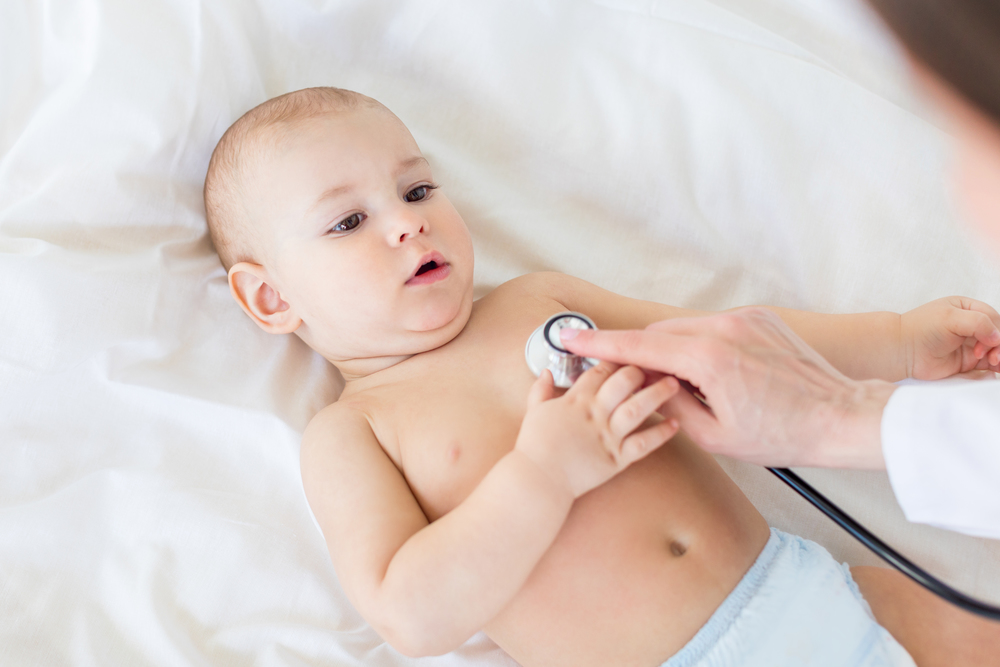
DISCOVER HOW TO SURVIVE & ENJOY YOUR BABY!
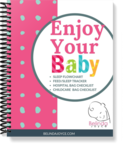 The pack is full of checklists and printables to help you improve sleep challenges with our flowchart, decide what to take to hospital, what equipment is essential, what to put in your nappy bag and so much more
The pack is full of checklists and printables to help you improve sleep challenges with our flowchart, decide what to take to hospital, what equipment is essential, what to put in your nappy bag and so much more
Seek urgent medical help if your baby:
- has difficulty breathing or rapid breathing
- Is vomiting up most feeds or not taking feeds
- Has less than 5 heavy wet nappies in 24 hours
- Is limp, lethargic or floppy
- Has a red or purple coloured rash or a rash that when gently pressed does not blanch or fade
- Has a stiff neck
- Has pale or blueish skin
- Has a seizure or fit
- Has a temperature over 38 degrees
- Has diarrhoea that is not resolving
Medical help:
- If serious call 000 (Australia) and ask for an ambulance
- Go to your local emergency department
- If less serious, see your doctor within clinic hours
- After hours try the National Home Doctor Service for in home, bulk billed visits, call 13SICK (137425)
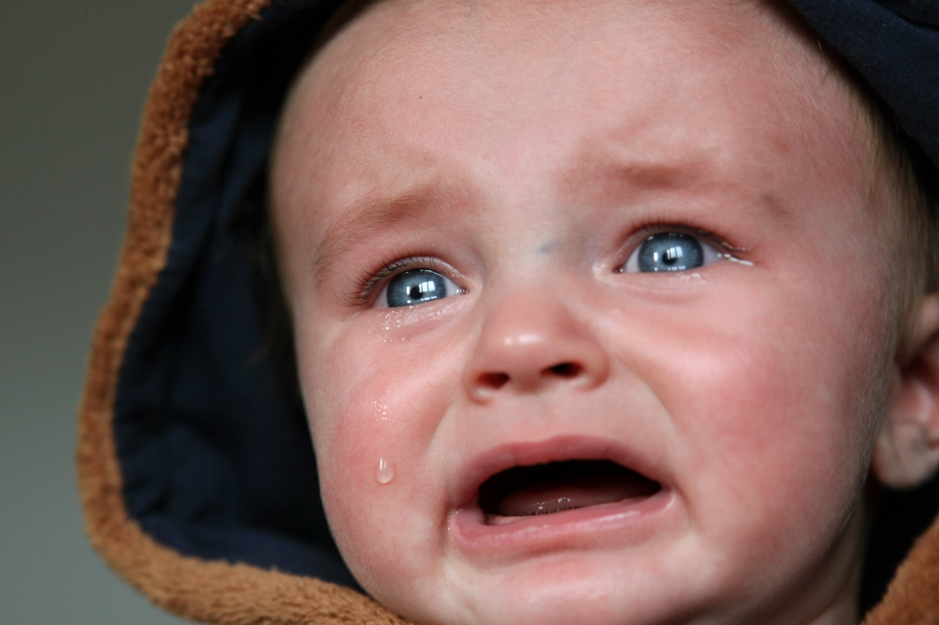
Don’t let anyone make you feel like you have overreacted, even if the doctor tells you that your baby will be fine and to take them home with no treatment or medicine prescribed. Really this is the best case scenario, this is what you want to hear, that your precious baby will get better, soon on their own.
If after you return home your baby gets worse either on the same day or over a period of days, go back to the doctor. When my son was unwell I returned to the doctors that same day and was worried that the doctor would feel I was overreacting as he had already told me that my son would be fine. But when I went back a few hours later, insisting that something was wrong, he recognised the need to see a paediatrician and sent us to the hospital for review.
Don’t ever feel that you are overreacting or being an inconvenience, your baby is precious and you have every right to seek support.
Over time you will get to know when you need to see a doctor and when you can wait and see, you will become more skilled in your own assessment of your baby when they are sick.
Over the first year of life your baby will be exposed to many illnesses and will pick up some and avoid others. This is how your baby’s immune system develops. The cold virus is most common and can range from a cough and runny or blocked nose and can develop into a more serious infection such as a chest or ear infection, pneumonia, bronchiolitis or croup. You will need medical treatment for these more serious infections.
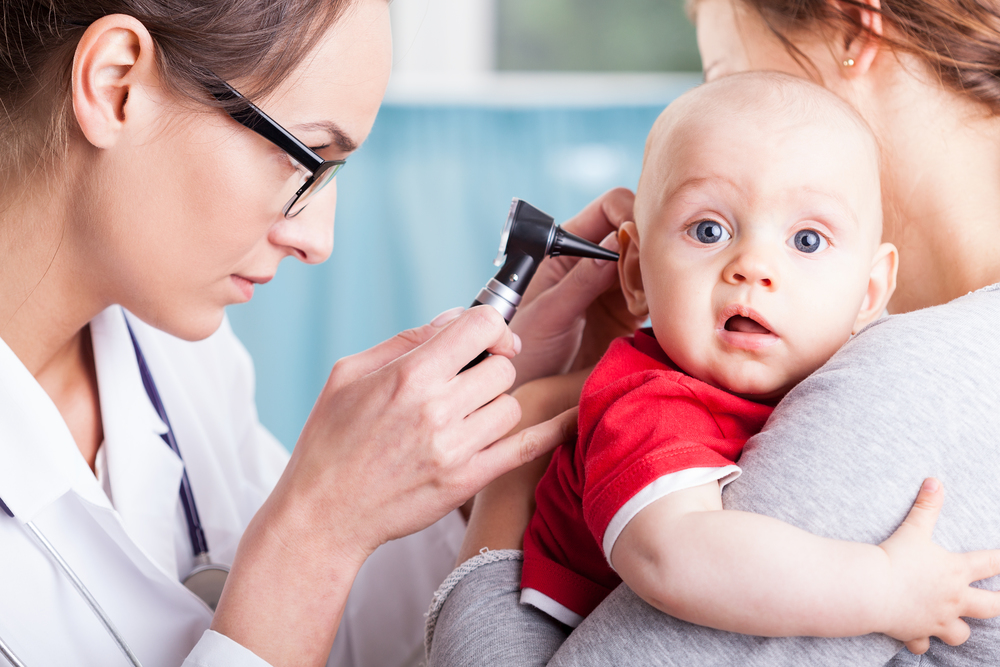
Depending on what symptoms your baby has the doctor may look in their ears and throat as well as listen to their breathing and heart rate with a stethoscope, these are all assessments you can’t do at home yourself.
Tips:
- your baby will get sick many times in their first year of life
- handwashing reduces the spread of illnesses
- keep immunisations up to date
- find a good family doctor who you trust and get to know
- consider attending a basic first aid course, some are aimed at parents
- remember you are your baby’s expert, if you are concerned about your baby’s health, see a doctor, get a second opinion or ask for referral to a paediatrician who specialises in the care of babies, children and adolescents
